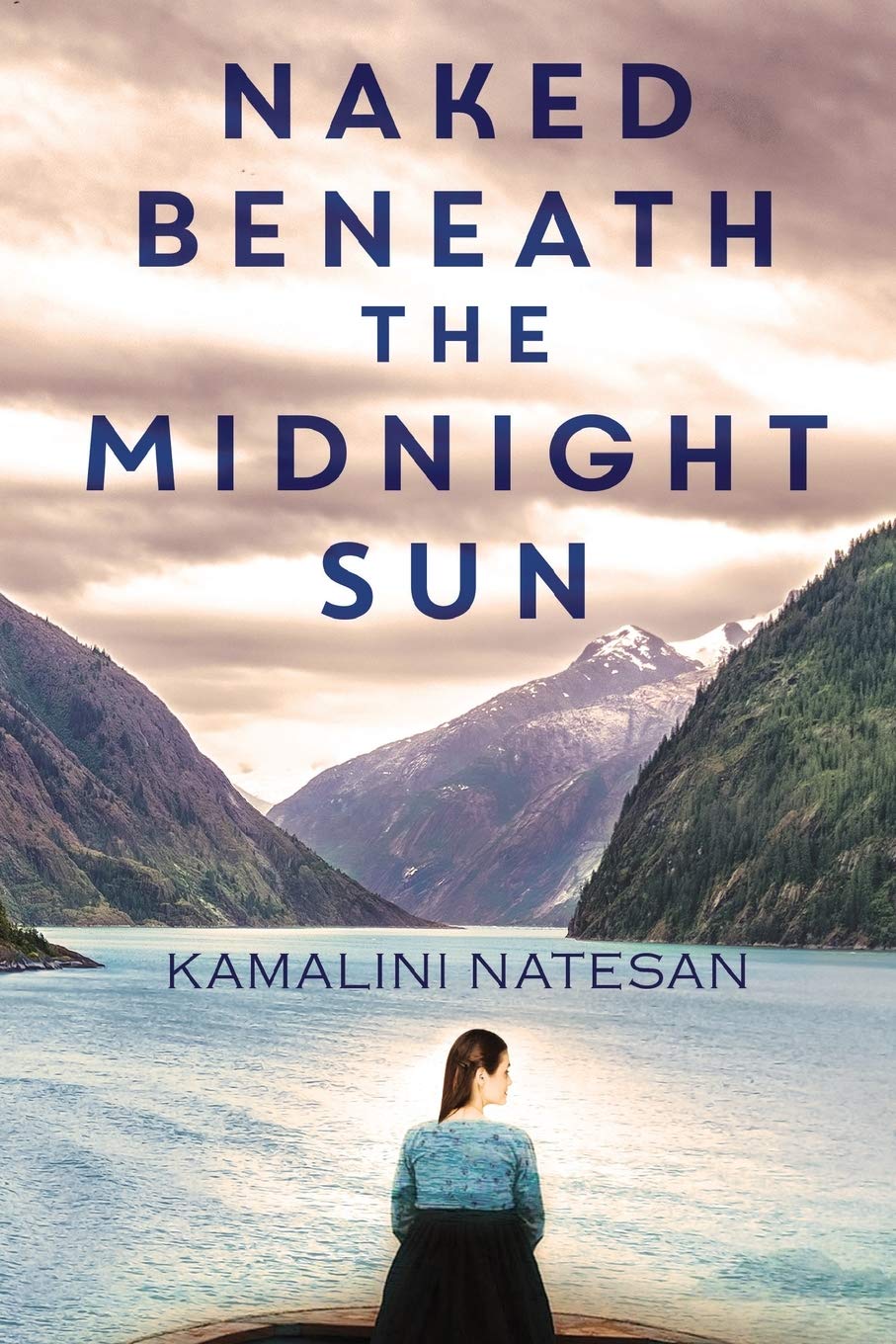This is Dinaw Mengestu, Ethiopian born writer’s second novel, and what a beauty this book is! It took me a few weeks to complete it, after I discovered it by chance at my local library because I often found myself ruminating upon his words, time and again. This novel was also the winner of the 2011 Ernest J. Gaines Award for Literary Excellence. Mengestu has a strong sense of what one might call, the intangibles that lie beneath everything that meets the eye, and an uncanny knack of divesting the obvious of its obviousness and making the reader imagine it all from his point of view. The novel is replete with gems.
This gifted writer’s words and characters play out on the pages of this riveting piece of work, flawlessly balanced between now and then, as he juxtaposes Jonas Woldemariam, the protagonist’s parents’ tale of a sad, abusive marriage, against his own failing one.
Jonas is a High School teacher who has the propensity to lie and has emerged from a traumatic childhood pretty much locked in the fetal position. His wife Angela has also had a similar childhood and they are both characters that seek out what the other lacks, or completes. The divisiveness that they begin to feel after they’ve wed is gradual and over time, turns insurmountable although neither of them ever talks about divorce. The union that began with a tenderness that neither had while growing up, beings to thaw and disappear over time. Mengestu goes to the very core of this relationship with great dexterity, describing mornings and nights with the keen mind of an observer of marriages that begin to rot.
The couple shares more than love, and what it is, stays intangible till the very end.
Angela has great ambitions for Jonas, her husband, as she does for herself, but alas, he fails her repeatedly and then the lies begin, on both sides. It is both riveting and shattering.
When Angela lies to Jonas about returning late and Jonas says it didn’t bother him at all, Mengestu writes: “That was the first important step away from me that she had made, and I knew then that there would be others, and that many of them would be small, hardly even perceptible, which is the way distance between two people normally grows-in baby-step sized increments.” A truth that none can deny.
The narrative shifts between Jonas’ parents, Mariam and Josef’s story, and his own, pretty seamlessly and we sway between the two. His parents are immigrants from Ethiopia and the father is an abusive man. His mother constantly seeks to run from this life with her husband, and young Jonas is ready at any time to run with his mother until it is too late. He is a big boy, and mom is tired.
Mengestu’s prose really bursts into life, when he recounts the road trip the parents take, and Mariam is pregnant with Jonas. He builds up the tension with the right rigor and brings it to its climax.
In trying to understand his own failed marriage, Jonas undertakes this very journey in the American heartland.
Jonas is also an excellent storyteller and does a lot of make-believe. He invents a long tale of his father’s emigration from Africa to America, taking over whole classes (and Mengestu fills pages of the novel) with the story to his students, and it seems to connect them to him and fascinates them. Mengestu is telling us that students crave immigrant narratives perhaps.
He describes Jonas’ mother, “She always did have a thing for pairs. While most people lived content with individual moments, my mother was constantly on the lookout for a twin event, the correlation that proved nothing happened by accident, and by extension, that none of us was ever really alone.”
Mengestu’s power lies in the way he twists our very thoughts, having us believe they are our very own. When Jonas’ marriage is disintegrating before his very eyes, his self-deceit eggs him on to believe, he can perhaps give it one last thrust by lying about a promotion at his job. It is not an unknown trick we all may have played with ourselves at some point in time.
Of his father Jonas imagines. “The world around us is alive, he would have said, with our emotions and thoughts, and the space between any two people contains them all.” This is an elegant doubling, the father coming alive on the page, redeemed in a way by words the son gives him.
Mengestu’s writing is seductive, and haunting in parts. I was fascinated and was swept up by his narrative. The way he talks about his father, whom he despised and feared, as an old man he meets at a home, “He was half out of his mind, and probably had been for decades and no one knew it.” I’d say it’s true of many. Half the world is overrun by such folk.
I’d recommend this book to one who loves a quiet read, which is as fluid as a river-run, or as replete with thoughts that will come at you, and have you wonder if this could finally be a true, true story, a memoir if you will.
©kamalininatesanJune2020





I had heard of this book but its power was not clear until now. And now, it is on my reading list. Sounds like anyone who is married and reading this book must do so with some risk. Mirrors can have sharp edges. Sounds like this book requires careful handling. Looking forward to it!